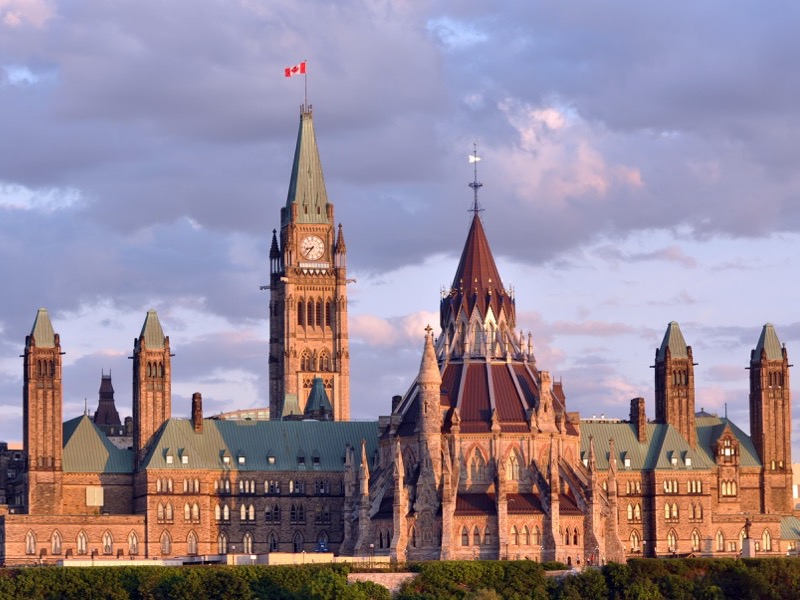
It may seem ironic that Ottawa put its latest bid for a national securities regulator on hold just two weeks after the Supreme Court ruled the federal government’s carbon tax was constitutional. The same court ruled in 2018 that Ottawa had the right to create a national securities regulatory system — from which provinces had the right to opt out — after decades of federal/provincial turf fighting.
The 6-3 carbon tax ruling appears to have given Ottawa the national policy leverage it has long coveted. This may be a reason why the Trudeau government moved the release of the federal budget to April 19 from mid-March as originally planned. Had the Supreme Court ruled in favour of the provinces on March 25, the marquee policy of the budget — national child care — would have been pointless.
Three provinces —Alberta, Ontario and Saskatchewan — representing more than half Canada’s population were in court trying to stop the carbon tax. Had the ruling gone the other way, it would really have gummed things up for the feds.
The Supreme Court based its decision on the peace, order and good government clause — known simply as the POGG in Ottawa — in Section 91 of the 1867 Constitution. Chief Justice Richard Wagner said climate change was a threat to Canada and the whole world, and therefore of “national concern” to warrant a federal override over normal provincial jurisdiction.
The legal test of “national concern” within the POGG goes back to the 1946 Ontario v. Canada Temperance Federation case. Peter Hogg, the late constitutional scholar, wrote that if federal legislation by its inherent nature is of concern to the country as a whole, it meets the national concern test.
Yes, the carbon ruling could very well remake the federation — and that’s probably a good thing.
Regardless of the federal/provincial tensions ahead, it was time the Supreme Court said “Enough already.” Provincial jealousy and anxiety over the feds cutting their grass has been holding back the country. International investors shouldn’t be scratching their heads over who is in charge of what in Canada.
There was no national unemployment insurance in Canada during the Great Depression because the Supreme Court sided with the provinces in 1935 and ruled Ottawa was overstepping its jurisdiction. It took a constitutional amendment in 1940 to create national unemployment insurance.
Although the federal government passed national medicare in 1966, it was not until 1972 that all provinces agreed to implement it — a harbinger of the provincial kicking and screaming that may lie ahead for national childcare.
Earlier this week, we got a taste of that kicking and screaming when Environment Minister John Wilkinson bigfooted the Ontario government by announcing Ottawa will conduct its own environmental assessment of the Highway 413 controversy west of Toronto. Ontario Premier Doug Ford’s office was not amused.
There is one reason why the provinces’ federal phobia may be warranted. When medicare came to Canada, Ottawa had committed to paying 50% of provincial health costs. After block funding was introduced in 1977, the federal share of health funding was gradually whittled down to its current 21%. Ottawa needs to commit to maintaining its share of the load this time.
The Supreme Court’s carbon tax ruling likely emboldened the feds to venture onto provincial turf on issues such as childcare and national standards for long-term care in the federal budget.
It may have been a simple matter of logistics for the government to concentrate on those priorities while putting the idea of a national securities regulator aside. Or perhaps Ottawa has a bigger strategy in mind: coming back with new plans for a compulsory national regulatory regime that would not allow provinces or territories to opt out, since the carbon tax ruling has given the federal government much more latitude.